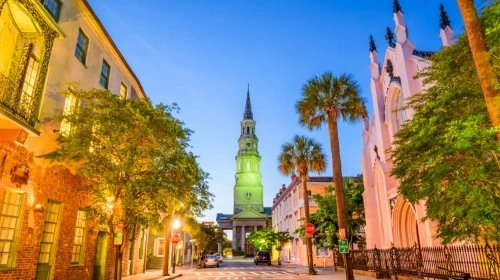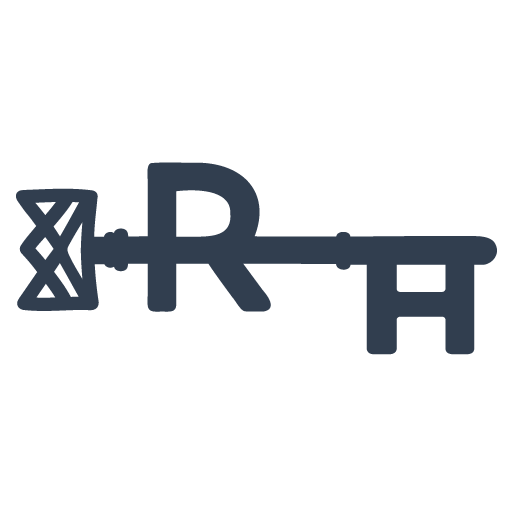Marcus Amaker is a poet, curator, and creative voice from Charleston. He writes with a sharp eye for place, memory, and culture. Over time, his work has grown to include public art, performance, and community engagement.
Early in his career, Marcus published poems that spoke to lived experience and Southern identity. As a result, his writing gained attention for its clarity and emotional depth. In particular, readers responded to his commitment to honesty and craft.
Beyond poetry, Marcus serves as South Carolina’s first poet laureate. In this role, he acts as an ambassador for the literary arts. Through this work, he amplifies voices across the region. At the same time, he brings poetry into public spaces and new audiences.
In addition, Marcus works across media and sites. He curates projects that connect text, performance, and community. For example, he combines visual art with poetry in public murals and city projects. As a result, his work reaches people beyond the page.
Meanwhile, Marcus maintains deep roots in Charleston. Through readings, workshops, and collaborations, he shares his love for storytelling and creative practice with students and fellow artists.
Ultimately, Marcus Amaker blends art, identity, and civic life. His voice continues to shape the cultural landscape of the South. Above all, he creates work that invites reflection, connection, and curiosity.



